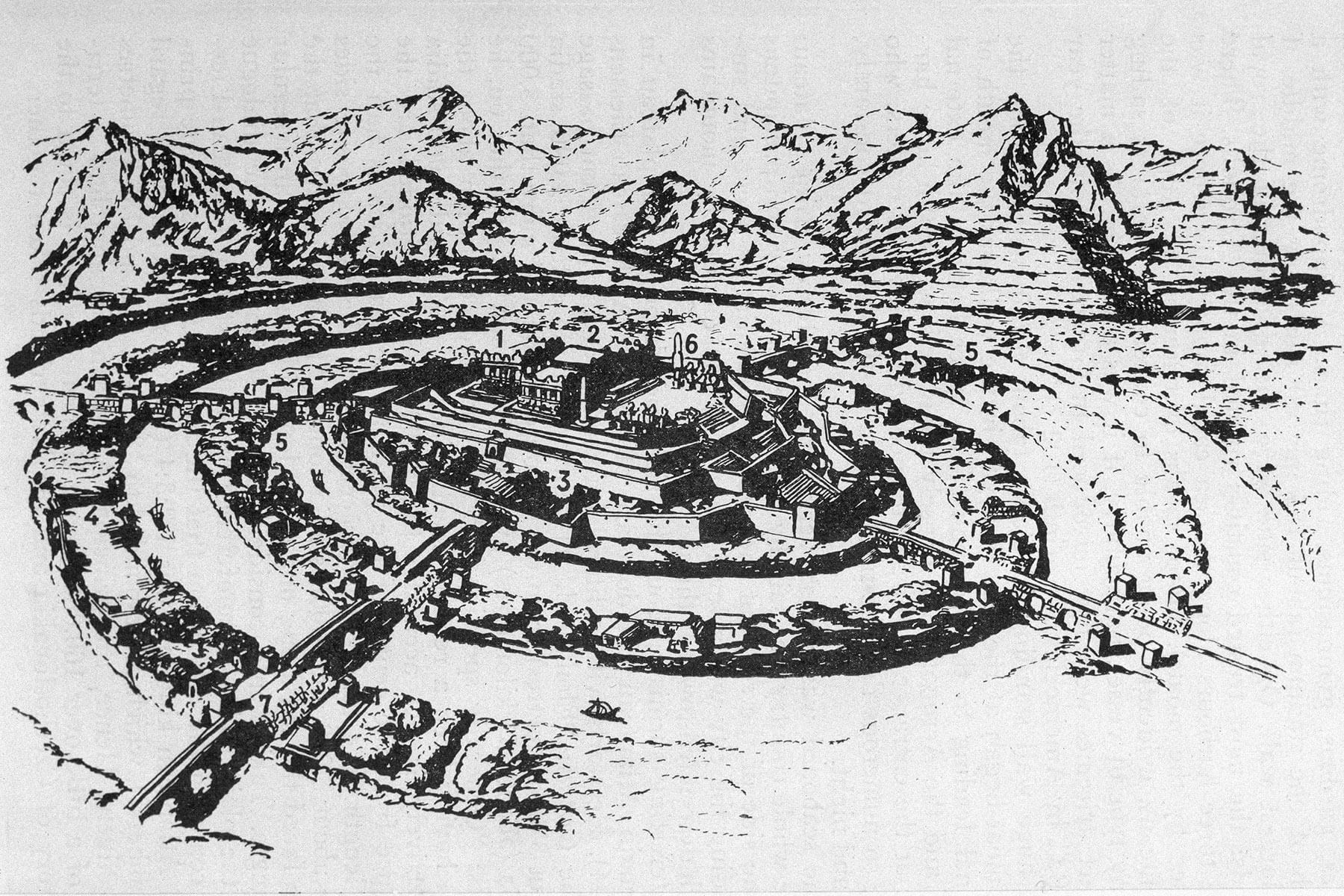The chord that changed Western music forever
Tuesday, November 26, 2024
Even if you haven't heard of the Tristan chord, you've likely heard the sound itself. |
| |
| |
|
 |
|
| E ven if you haven't heard of the Tristan chord, you've likely heard the sound itself. It was introduced to audiences on June 10, 1865, when Richard Wagner's opera Tristan und Isolde premiered at the National Theatre in Munich, Germany, and its unconventional tonality went on to transform Western music. |
|
|
| The augmented sixth chord (F, B, D#, G#) is fairly simple in and of itself, but subverted the long-standing musical tradition of a dissonant chord quickly being resolved. In the case of Tristan und Isolde, a tragedy about two doomed lovers, that would have been too easy. Instead, the unresolved tension of the chord reflects the sense of longing and yearning seen throughout the plot. The tonally ambiguous chord opens the opera, and it isn't resolved until the end of the nearly four-hour performance, when the sad story itself concludes. |
|
| To call this groundbreaking would be putting it lightly. The augmented sixth chord had been used by such luminaries as Mozart and Beethoven before, but had always quickly been resolved. Wagner, in keeping with his characters' deep pain, chose to delay that resolution. This influenced later composers such as Claude Debussy, Arnold Schoenberg, and Alexander Scriabin, all of whom went on to influence generations of composers themselves, and the Tristan chord is still being analyzed today. |
|
 |  |
|
|
 |
|
| |
|
| Years it took Tristan und Isolde to be performed after it was written | | | 6 |
| | | Operas completed by Wagner | | | 13 |
| | | Operas completed by Wagner | | | 13 |
|
|
|
| Scenes in Tristan und Isolde, divided into three acts | | | 11 |
| | | Wagner's age when he wrote Leubald, his first play | | | 13 |
| | | Wagner's age when he wrote Leubald, his first play | | | 13 |
|
|
|
 |
|
 | | Did you know? |
|
|
Several performers and conductors have died while working on "Tristan und Isolde." |
|
| Despite (or perhaps because of) its brilliance, Wagner's opera Tristan und Isolde nearly didn't make it to the stage. After more than 70 rehearsals for what was supposed to be its first performance, the opera was considered unperformable and canceled by the Vienna Court Opera. Ludwig Schnorr von Carolsfeld became the first singer to perform the title role, but died just weeks later following a fever and then a stroke; Wagner vowed not to perform the opera again after blaming himself for the physically demanding role, and indeed it was several years before another production was attempted. Conducting Tristan und Isolde proved fatal for both Felix Mottl, who collapsed during his 100th performance of the opera in 1911 and died soon after, and Joseph Keilberth, who also collapsed while conducting the opera in 1968. A study into the opera's effects on its composers followed, but its results were never published. Both incidents occurred in the same place: Munich's National Theatre, where Tristan und Isolde premiered in 1865. |
|


posted by June Lesley at 4:06 AM











![]()
![]()










0 Comments:
Post a Comment
<< Home